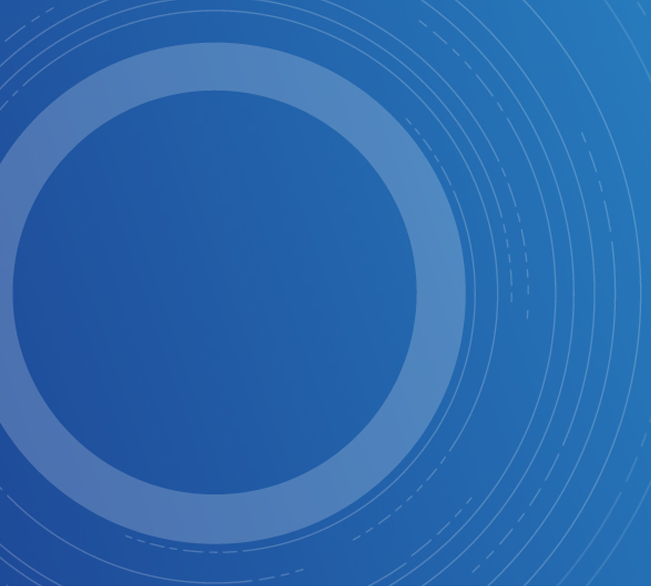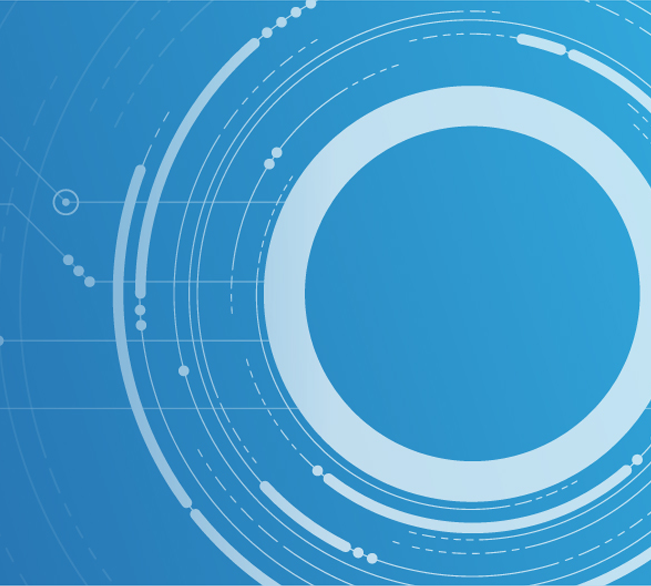概览
阿格斯使用契合市场的方法来评估各个市场的商品价格。这些方法遵循阿格斯的合规标准,并经过与公众和利益相关者协商而制定。
每种方法都会定期接受审查,以确保满足市场参与者的需求,并符合行业惯例。阿格斯力争反映市场交易情况,而不是对市场强加任何一种观点,包括公司自身所持观点。
我们的专长带来的优势
独立性
我们的方法可确保我们提供完整且不偏不倚的市场报告。
透明度
在启动、修改和终止价格评估以及调整我们所用的方法时,我们遵循公开的流程。
问责性
我们执行内部和外部审计流程,并发布年度工作报告。
协作性
我们与同行合作审查我们的方法,力求满足市场需求。
响应性
我们审查各种方法,以便迅速、积极地适应市场变化。
全面性
我们的方法涵盖了我们所有的价格报告和评估流程。
How does Argus approach pricing commodities?
We use a market-appropriate methodology to assess prices in each market we cover.
Each methodology is reviewed regularly to ensure that it meets the needs of market participants and is in line with industry practice. We seek to report on markets as they are traded, rather than impose any one view on the markets — including our own.
Every methodology has two things;
Specification: every commodity market can be defined by its composition, location, timing and mode of trade, the “what, where, when and how” questions common to good reporting. Argus price assessments are similarly defined so readers know the product for which a price is assessed.
Aggregation: markets are dynamic, but published prices are fixed, so Argus explains how the information gathered by its reporters and analysts comes together to form the final, published price, whether a volume-weighted average, the range of prices over the trading day or the price at a moment in time.
What is involved in price discovery?
Argus price assessments are informed by information from a wide cross section of market participants, including producers, consumers and intermediaries. Our reporters engage with the industry by proactively polling participants for market data. We will contact and accept market data from all credible market sources including the front and back officeof market participants and brokers. Our reporters and analysts carefully consider all information received during their reporting.
Argus will also receive market data from electronic trading platforms, the Argus Open Markets® platform (AOM®) and directly from the back offices of market participants. Argus will accept market data by telephone, instant messenger, email, AOM or other means.
Argus reporting mirrors the process used by physical commodity traders to internally assess value prior to entering the market with a bid or offer. Applying these valuation metrics and sound judgment greatly increases the accuracy and consistency of the published prices.
Compliance and regulation
We operate a rigorous and transparent control framework to govern our price reporting activities. This is underpinned by our global compliance policy, which can be downloaded here, and includes an ethics policy.
As part of that framework, we continually review each methodology to ensure that it always meets the needs of market participants and is in line with industry practice. We seek to accurately and objectively reflect how markets are traded, rather than impose a different view.
Our experts have designed policies and processes to comply with the principles for price reporting agencies (PRAs) set out by the International Organization of Securities Commissions (the Iosco PRA Principles) in October 2012.
Argus became the first PRA to complete an independent review of oil benchmarks in October 2013 and was the first to extend the Iosco PRA Principles to non-oil energy benchmarks in January 2014.
The Iosco PRA Principles were endorsed by the G20 in November 2012. They cover governance, control, quality, integrity and conflict management in relation to commodity benchmark price assessments published by PRAs and require an annual external audit.


